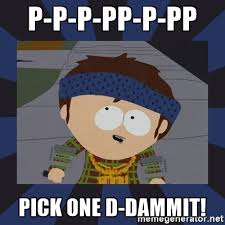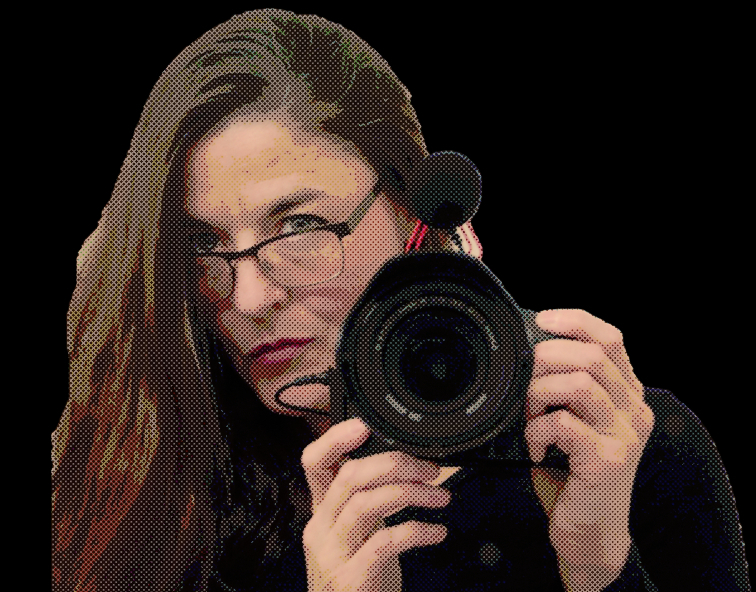
Let me start off this overview of genres by stating the most important point up front: if your goal is to write a book you’d like to be commercially successful, then you MUST PICK A GENRE! I can’t emphasize this enough.
This doesn’t mean you need to adhere to some cookie-cutter formula, or that you can’t mix elements from multiple genres into your story. But when I ask a newbie author what genre their story is, too many tell me their book “doesn’t fall into a specific genre” or “spans all the genres” or is “a sci-fi/romance/detective/paranormal/western thriller, with YA elements,” or, most commonly, “I don’t know.” It’s a tragedy to spend months or even years writing what you honestly think could be the Next Big Thing, only to realize it’s in genre no-man’s-land with no hope of getting published. (Yes, you could always self-publish, but no one besides your mom and close friends will willingly read it)
So, it pays (literally) to be well-versed in the different genres, including the tropes and conventions of each one. That way, you can identify which genre makes the most sense for your awesome story, and tweak the details of your story to appeal to fans of that particular genre.
The reason you want to pick a genre and stick to it is because genre tells the reader what to expect. People have desires and preferences for what they read. Given that for most people, reading a 300-pages-or-more book is a significant time commitment, they want to know there’s a good chance they’ll be satisfied with their reading experience before they commit. In other words, you want readers to take a chance on you, and they’ll only do that if they think you have something they want. And what they want is defined by which genre or subgenre they prefer. This is also why, above all else, a book’s cover should clearly convey the story’s genre.
A genre-less book, or one that’s a hopeless mashup of several different genres, is the equivalent of asking someone to pay for a mystery box. Most people assume they’re filled with junk the vendor couldn’t otherwise sell, and they’re usually right.
Now that we’ve got that out of the way, let’s take a look at the primary literary genres, their tropes, and other important facts – like which are hot and which are dead – so you can decide which one best fits your story.
In order to keep this particular post from being like 10,000 words, I’ve put the genre details in a different post here. Enjoy, and good luck!
